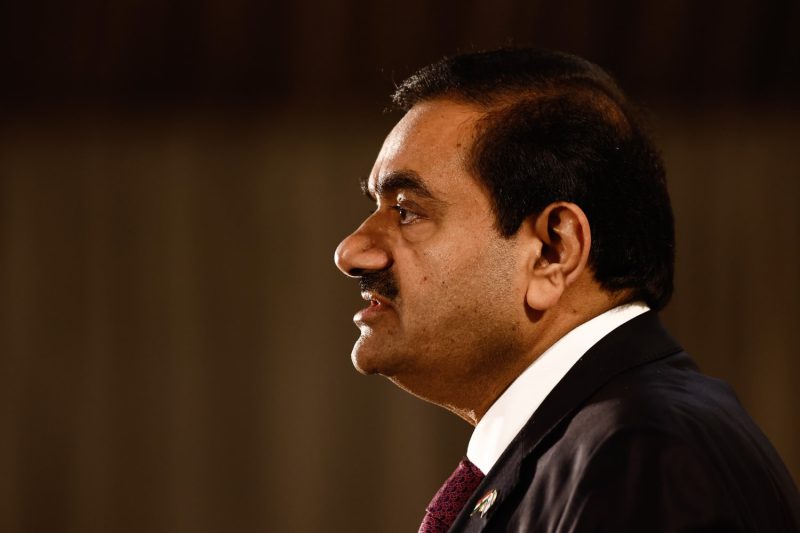In a recent turn of events, India’s second wealthiest person, Gautam Adani, has been charged by the United States in a 250 million bribery scheme. The allegations have sent shockwaves through the business world and have raised concerns about the integrity of corporate practices. This case sheds light on the complex interplay between wealth, power, and corruption that can have far-reaching consequences.
The implications of such allegations are significant, not only for the individuals involved but also for the broader business community. It underscores the importance of transparency and accountability in corporate governance. When high-profile figures such as Adani are implicated in corrupt activities, it erodes trust in institutions and sets a precedent that can have a corrosive effect on the business environment.
The scale of the bribery scheme involving Adani is staggering, with 250 million dollars allegedly changing hands to secure favorable treatment in business dealings. This amount of money could have been directed towards legitimate investments that could benefit society as a whole, but instead, it has been siphoned off through underhanded means.
The case also highlights the challenges of regulating multinational corporations that operate across borders. The United States, in this instance, has taken action against Adani, but questions remain about the effectiveness of enforcement mechanisms in combating global corruption. The need for international cooperation in tackling such issues is underscored by cases like this, where individuals can exploit regulatory gaps to engage in illicit activities.
The fallout from the allegations against Adani is likely to be significant, both for the business empire he has built and for the reputation of India’s business community. It underscores the need for increased scrutiny and oversight of corporate practices to prevent similar instances of corruption in the future. The role of governments, regulatory bodies, and civil society in holding organizations accountable for their actions has never been more critical.
In conclusion, the charges against Gautam Adani in the alleged bribery scheme serve as a stark reminder of the importance of ethical business practices and the need for robust oversight mechanisms. The case underscores the far-reaching consequences of corruption on the business environment and the broader society. It is a wake-up call for stakeholders across the board to prioritize integrity and transparency in their dealings to prevent such incidents from recurring in the future.

